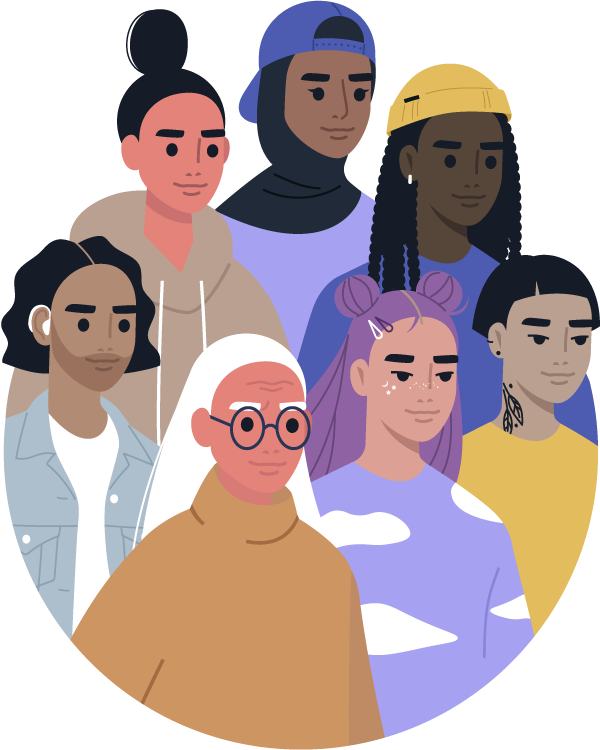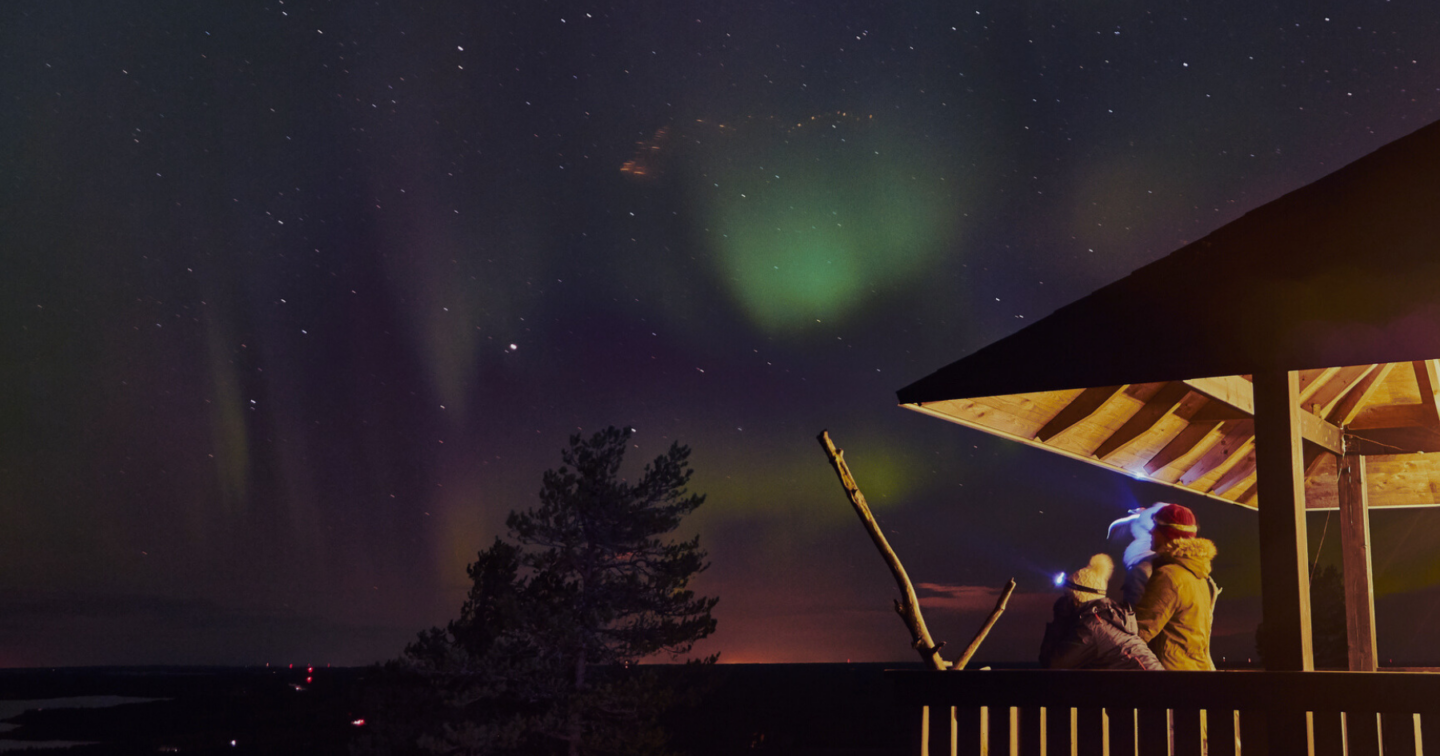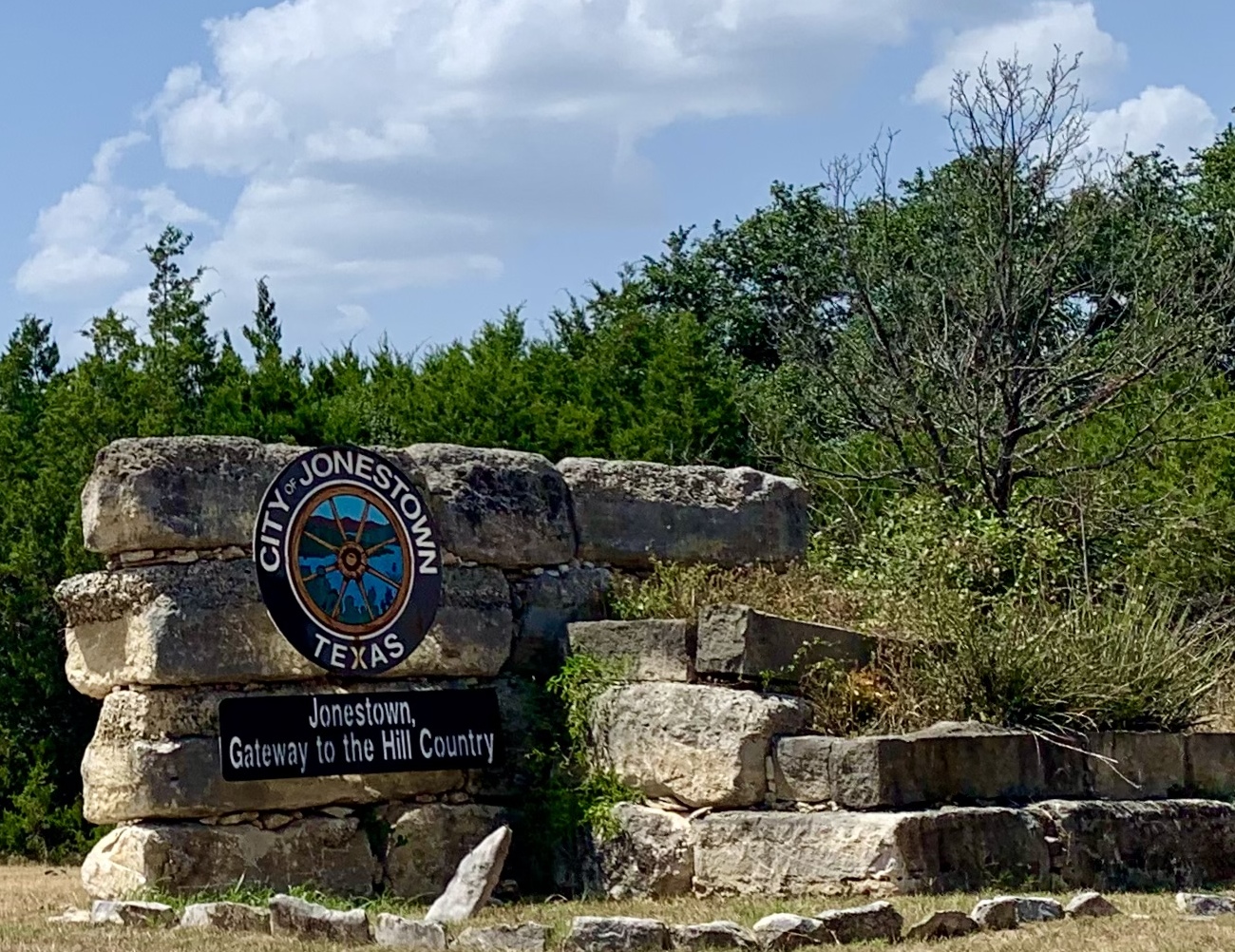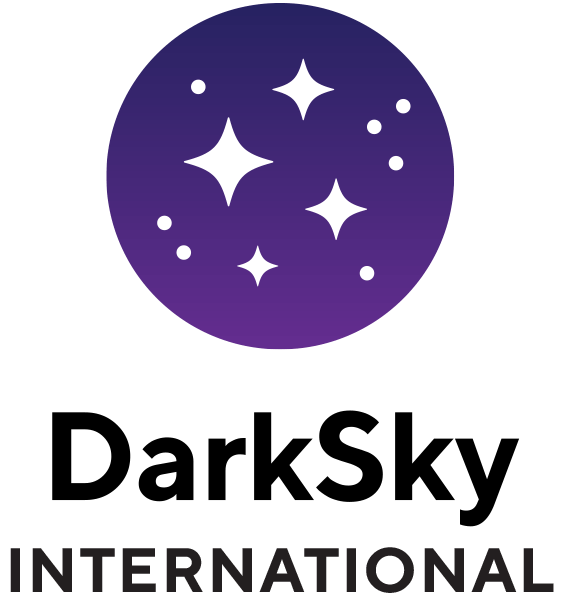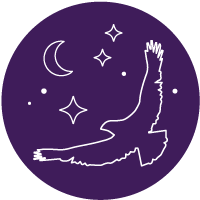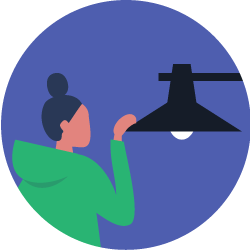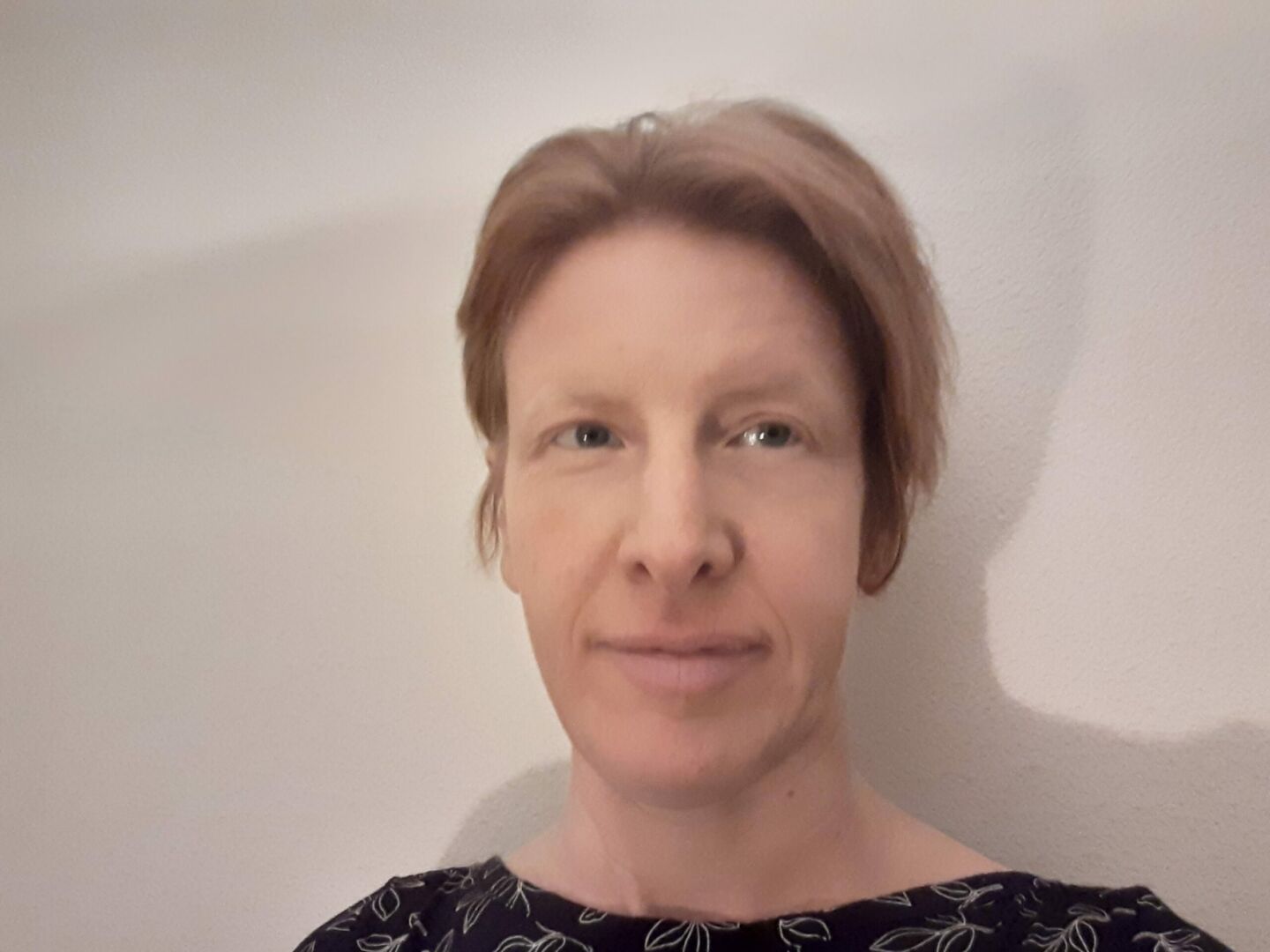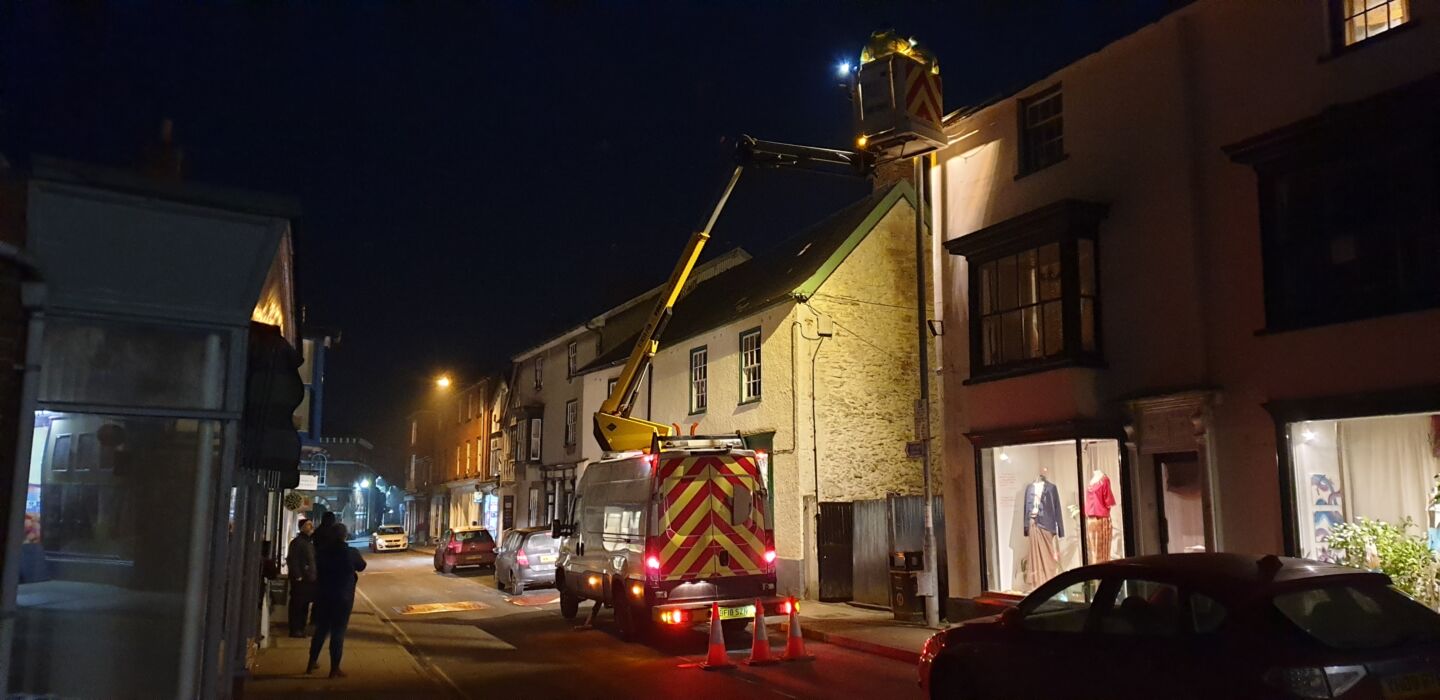
Elizabeth van Heerden: A personal journey through an IDSP application
Elizabeth shares her story of becoming a volunteer of the Naramata Dark Sky Initiative, including tips on how to successfully apply for a Dark Sky certification.
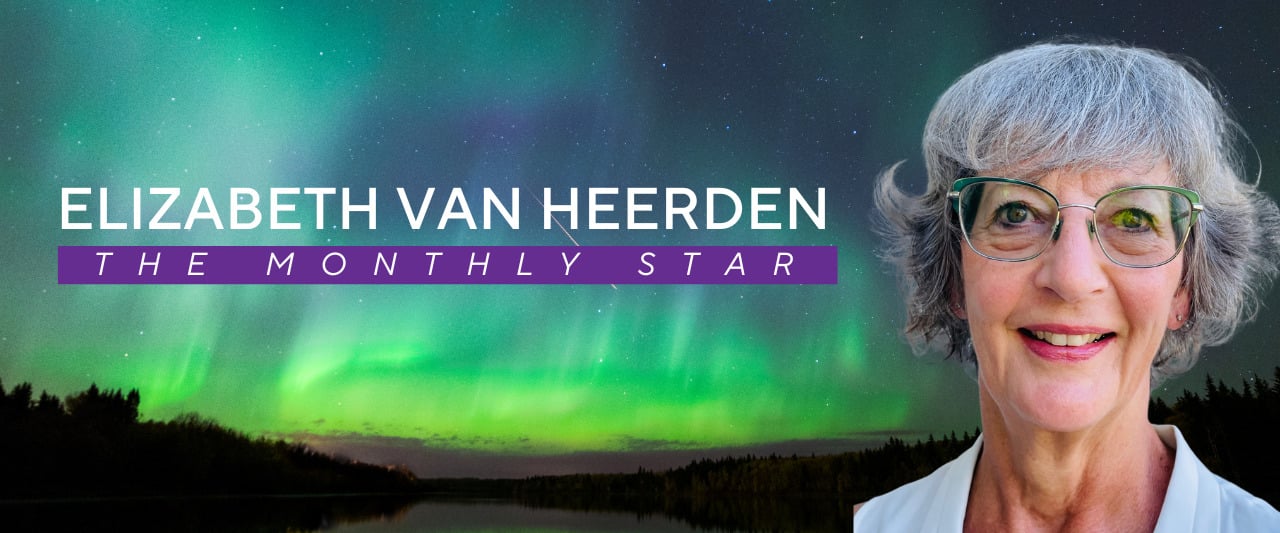
Each month, DarkSky International features a dark sky advocate from the worldwide network of volunteers who are working to protect the night in a feature called ‘Monthly Star.’ This month, we’re highlighting Elizabeth van Heerden from the tiny but mighty village of Naramata, located in British Columbia, Canada. Elizabeth shares her story of becoming a volunteer of the Naramata Dark Sky Initiative, including tips on how to successfully apply for a Dark Sky certification.
About Elizabeth van Heerden
People always ask me: “Can I call you Liz?” – but I really like my full name – Elizabeth. I am the eldest of 15 grandchildren and was the first one to be named after my beloved Granny. I was born and raised in South Africa where I attended school in Pretoria, the capital city. I have two sisters and a brother and we are all excited to visit with our mom this coming Christmas.
As a child, I have vivid memories of visiting the farms of both sets of grandparents during school holidays. The skies were clear, light pollution was not an issue, and I learned the names of the constellations and where they were in the Southern Hemisphere. I heard the nights come alive with the sound of wild animals (one farm was adjacent to the Kruger National Park) and I just took all the beauty for granted.
I love mathematics, and so I graduated from the University of Pretoria in Quantity Surveying (QS) with an applied Science and Economics degree. In America, the profession would be similar to a cost engineer. I married a fellow classmate and both of us were involved in a professional capacity on large capital projects. By the time our two daughters were going to school, we wanted to stay in one place and not move around so much. We decided to open our own consulting practices. [Husband] Schalk specialized in Project Management and I in QS in Empangeni, a rural town in Kwa-Zulu Natal on the East coast of South Africa.
After 25 years of working, we were invited by one of our clients to join a diamond mine project in the North of Canada. So, when most people start to think about retirement, we emigrated! Living in Yellowknife, Northwestern Territory gave us an opportunity to observe the spectacular Northern Lights, amazing night skies, new wildlife and pristine lakes and playing midnight golf. We settled in Calagry, Alberta and worked 15 years in Canada before retiring to Naramata, British Colubmia.
It is no surprise if I tell you that we fell in love with the small village of Naramata the very first time we visited in 2005. In 2010, we were very fortunate to buy a small holding with a vineyard that is walking distance from the village center, and guess what, we are now full time farmers growing grapes for one of the wineries in the Okanagan Valley!
In our spare time, we both like to take long hikes with our dog, swim or kayak in the lake, explore new areas in our motor home and are keen to learn more about growing grapes, farming, tasting wines, and wine making. I am passionate about gardening and have a veggie garden and fruit trees that provides bountiful harvests to share with family and friends. Schalk plays drums in a band, whilst I love to read.
We are both involved in our local community governance through committee work to help sustain a future for the next generations. This is how I became involved with NaramataSlow as a volunteer for NARAMATA DARK SKY initiative.
What is Naramata?
Naramata is in the Okanagan region of south-central British Columbia, Canada. The region is by road about 15 kilometers north of the city of Penticton. It is an unincorporated community administered by the Regional District of Okanagan Similkameen (RDOS), and defined as “Electoral Area E”, which is commonly referred to as Naramata.
The population of Electoral Area E is 2,015 people over an area of 545 km², whereas over 80% of the population live in the Naramata Village-Townsite of 8 km².
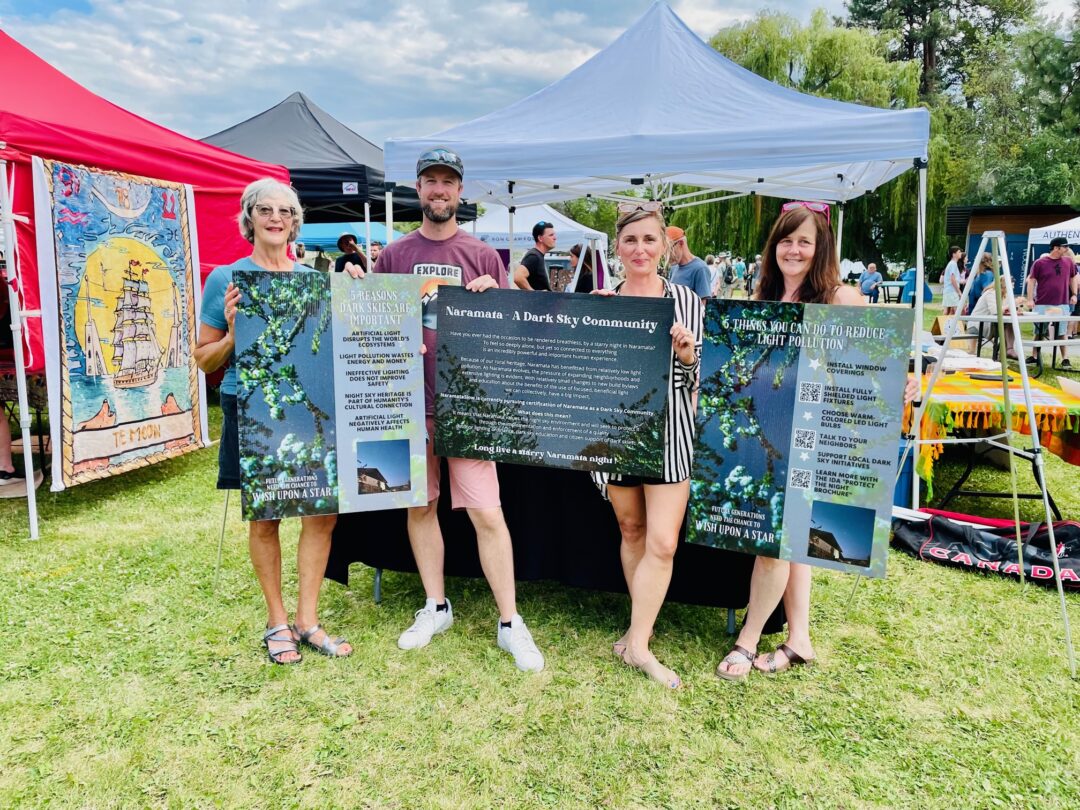
A picture of the Naramata DarkSky team. Left to right: Elizabeth van Heerden, Kyle Peterson, Miranda Halladay, Dawn Lennie
Naramata is designated as a Cittaslow community (1 of 4 communities in Canada and 235 globally). These are communities that outperform their weight category in livability, economy, and environment.
“NaramataSlow” is a small volunteer non-profit Community Group dedicated to administering the Cittaslow values of slow living principles. Examples of initiatives include: a Summer market, a December festive night market, a Fall harvest festival, Community parkland beach preservation, which has raised over $1 million, chefs in the classroom, school veggie gardens, village lane beautification, Earth Day and other annual events.
The International Dark Sky Place designation, and the values it codifies, complement and support Cittaslow values and the NaramataSlow mission statement of creating a community that values and appreciates its land and fosters healthy living, and community involvement. Therefore, they are the champion for the Naramata Dark Sky Community application.
Exploring Dark Sky Certification – It is the Right thing to do!
In November 2021, key members of NaramataSlow attended the DarkSky Under One Sky Global Conference. Inspired by those conversations the group began a preliminary investigation of the appetite for broad support within the community and additionally with the RDOS.
An official certification would render Naramata the second community in Canada to become Dark Sky Community, bringing a wide range of benefits from environmental to social to economic.
The dark sky values and the desire of the community to become certified are included in Area E Official Community Plan Draft (vision and community values for the future). This plan has been revised over the past 20 months and will be presented to the RDOS board for approval by August 2023.
Goal for achieving Dark Skies – Preservation of the environment
We believe we can make an immediate positive change in addressing light pollution by pursuing the certification of Naramata/Area E as a Dark Sky Community. Naramata has become a sought-after haven for part-time out-of-town people and unfortunately, a lot of large homes are being developed suitable for a city environment.
Our goal is to protect the night skies for present and future generations by reducing light pollution locally in order to improve the health and well-being of all living things and reduce energy consumption and waste. We hope to inspire other communities and jurisdictions through our actions to take similar actions.
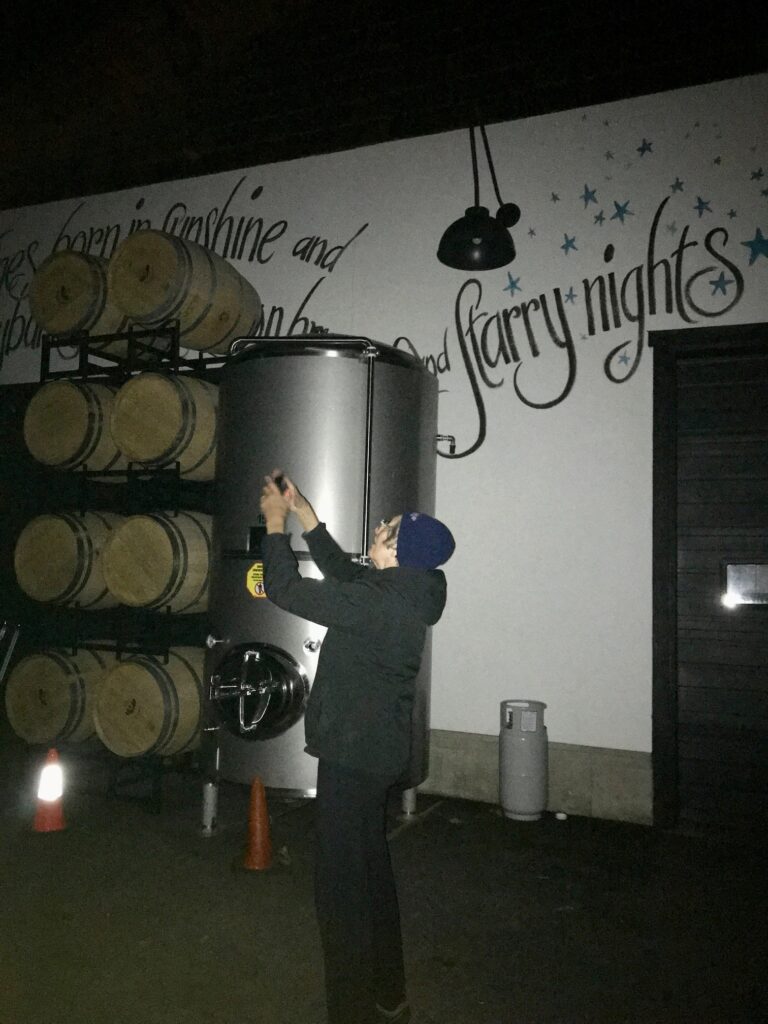
Elizabeth taking the first night sky readings at Elephant Island Winery
Initial steps in application – Make a plan and get buy-in!
With the support of the board of directors of NaramataSlow, the chair, Miranda Halladay, asked me to join her on the Dark Sky Community certification work. I did not overthink this commitment, and once I started reading more I was daunted by previous application packages of other communities; this seemed like a lot of work! Then, the solution came naturally to me: “Well, you have experience in large capital projects. Use those tools and skills to tackle this one”.
The project outline laying out goals, alignment of objectives, and key results was approved by NaramataSlow Board early in 2022 and presented to Area E Director, and contained the following:
- Who is the sponsor (official administrative body)
- Who is accountable & responsible for the application work (Applicant/Champion, Leader/Project Manager, Nominator)
- Why are we doing it (goal you want to achieve)
- What might happen if we don’t do it (risks and alignment of objectives)
- Resources (other team members chosen for specific skills)
- Timeline & key milestones (align with Dark Sky guidelines)
- Scope (what are the deliverables for the application package – see the latest “DARK SKY checklist for Communities”)
- Budget & Funding (volunteer or paid team and expenses)
- Communication and check-in process (meetings, centralized email)
- Document management (e.g. Google docs)
- Outcomes (e.g. quality bylaws, designation)
Identifying key members of our community that can provide us with a letter of support in principle, such as this one, was a win-win in ensuring we don’t embark on this initiative without support and then try to sell the dark sky certification idea once we have done all the work. We sent a single-page auto-fill feedback form to the business chamber, wineries group, agriculture organizations and some smaller business, the school, local service groups and administrative committees, social and sports clubs, and within two weeks received overwhelming positive responses of support and confirmation that they would write us those letters!
A detailed project charter built more details into the plan, and once we knew that we had the capacity to tackle this project, we sent the initial online form to DarkSky International in February 2022 and learned that we can apply under the International Dark Sky Community classification.
The lull in-between – What’s next?
We decided to see how much the two of us can do between our involvement in the Official Community Plan advisory group which started in October 2021, and both our business and farming obligations.
Miranda participated in our community’s Earth Day events in April 2022 and started with communication outreach and education in our local online newsletter. We soon branched out into social media platforms and monthly newsletters via the NaramataSlow mailing list.
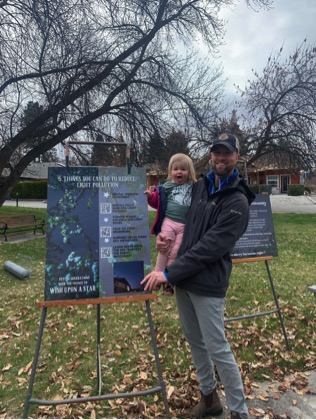
Kyle Peterson, the latest volunteer to join the NaramataSlow team, manning the stand on Earth Day 2023 with his delightful daughter!
In June 2022 we received a formal letter from our previous Regional District Director Karla Kozakevich supporting our application in principle. This provided the written approval from our elected representative for continuing with the next steps to be able to submit our application to DarkSky. We are not a typical municipality and as a region, we require the full RDOS Board approval document in our application document.
The wise men say: “Always plan for the unexpected”. The RDOS had local by-elections and a new Area Director for Area E had to be chosen. The application process was delayed a few months until Adrienne Fedrico was elected. She then supported the Naramata Dark Sky application in principle.
Amber Harrison, DarkSky’s IDSP Program Associate, is a real champion and was always willing to listen to our concerns, answer multiple questions, provide the best advice, and keep on motivating us.
The DarkSky website and the dark sky advocate network are amazing; there are abundant resources! I did a lot of research finding relevant information about our community, plans, data, templates, dark sky measuring tools, and supporting research web pages required for the application and shared them with others and for a technical writer to set up the draft outline of our application documentation.
Formal application and documentation – Do the plan
We formally submitted our application in December 2022. Creating the application documentation was actually easier than I imagined; just do it in small sections and document what you have completed. Build on your framework and keep on taking on this big elephant in small bites!
Once we had momentum, we expanded our team with an additional two volunteers in 2023, and work was allocated to the best person suited to do a certain task. We still have a long way to go and normally our summers are not very productive, but our team has a lot of small initiatives that each of us are focusing on for the next few months.
It is very helpful to align our dark sky team with like-minded groups in our small community. Earth Day 2023 was a true community event and included many groups like:
- The BIG garage sale is back The OAP hotdog sale s back Bike tuneups
- Bat house building Dark Sky Education Invasive weed pulling
- Community Cleanup Permaculture Garden Tours Seed Trials Results
- First Things First Info Naramata Clothes Library Food Waste Collection
I find that summarizing every quarter what we have achieved, what we are busy working on, what we struggle with, what items we are uncertain about, and what major work is outstanding and sharing that with our champion, within our group, our DarkSky IDSP Program Associate, and our nominator is very helpful in keeping us grounded and motivated.
Next steps for Naramata Dark Sky – Education and Bylaws
Our plan in obtaining this certification is to use both education and bylaws to reverse the light pollution trends in Naramata. To achieve this certification we will be reaching out to the RDOS to create a lighting bylaw and to update the street lighting bylaw to include recent advances in the appropriate use of light.
We continue to issue monthly news clips and newsletters in our local online community news web page and on social media platforms. Through this, NaramataSlow has heard their neighbours’ concerns, like in this e-mail correspondence, and worked together improve them. We will also continue to host stargazing events and educational seminars on how individually and collectively we can make positive changes to reduce the impacts of light pollution.
NaramataSlow received a small community grant for a movie night to promote our Dark Sky Community certification initiative. The plan is to hold it on the last day of our community summer market at Manitou park on the beach of Okanagan Lake. Our nominator is reaching out to provide us with a speaker from the Rothney Astrophysical Observatory of the University of Calgary.
Learn more about NaramataSlow at https://www.cittaslow.org/network/naramata.
To join the DarkSky Advocate Network, click here.

